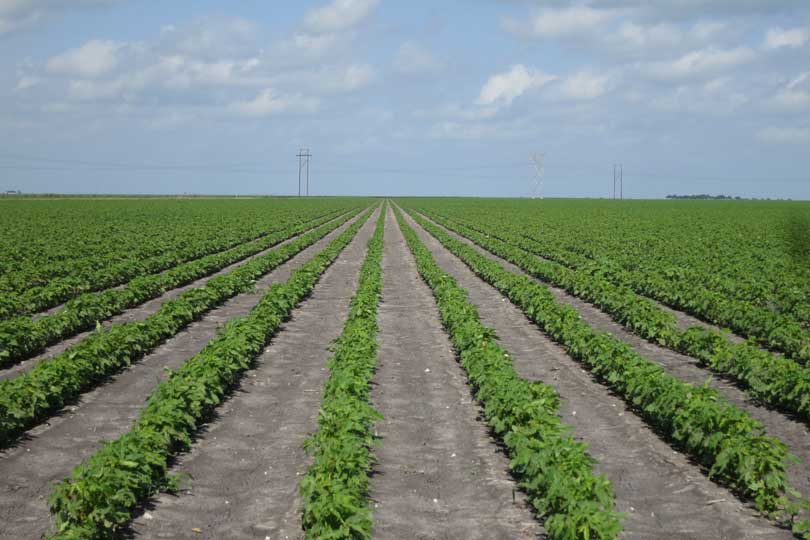By Justin Walker
Communications Specialist
Soil testing is a useful tool when it comes to planting season, according to an agronomist at Texas A&M University.
Soil tests help farmers and ranchers better understand the soil and possible existing deficiencies, Dr. Calvin Trostle, agronomist and Extension specialist with the Department of Crop Sciences at Texas A&M University, said.
“Understanding your soil, the fertility profile in your field, is the right place to start in planting a successful crop, whether you’re growing cotton, wheat, grain sorghum or forage or forage-like alfalfa, or any other production crop,” he said.
While testing often means more work and additional costs, Trostle believes it’s important to know the value of soil and soil fertility.
“Ideally, we would test the soil in our fields every year,” he said. “Nitrogen, especially, fluctuates in a field.”
Nitrogen is often pushed deeper into the soil during years with exceptional amounts of rain, Trostle said. When that occurs, soil testing at six inches will not show how much nitrogen is available at that depth.
Farmers should consider testing the soil of properties they might consider purchasing, Trostle said, especially considering the rising costs of the markets.
“If a property owner doesn’t want you testing the soil on a field you are considering for purchase, that in itself might be telling in terms of whether a field or fields are good for growing crops, especially for any higher-value crop you might be planning,” he said.
While it may seem like an unnecessary step in purchasing land, it could end up saving farmers money. Soil that needs treatments for nitrogen, phosphorus and potassium could end up costing as much as three percent of the property value, Trostle said.
“If you are talking about buying a used piece of equipment, for example, you would want to know how well it had been cared for and look at records of oil changes and repairs and things like that,” he said. “So when purchasing a new piece of property for agricultural production, would you want to know how good or bad the soil might be?”
Click here for more information on soil testing.

